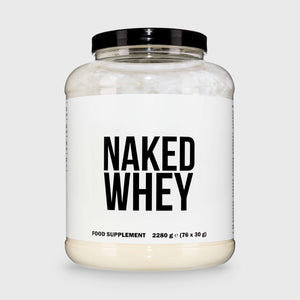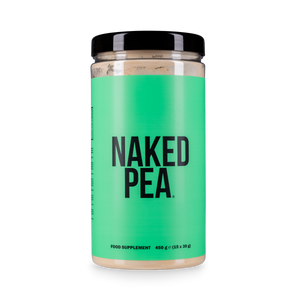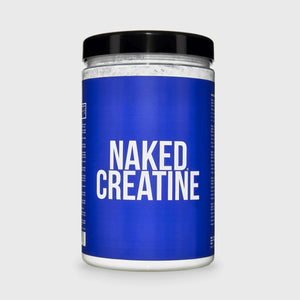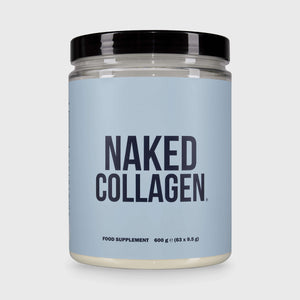For a long time now, whey protein has been pretty much the unrivaled king of the protein powder world. But, before that, eggs were the protein of choice.
And, although it's not as widely used these days, you can still get your hands on egg white protein powder. In reality, this oft-forgotten protein source does have some pretty unique advantages that they make it a viable option for you.
How does egg white protein powder compare with whey protein?
The Basics
Just to give us a better idea of what we're talking about, let's look at where each of these proteins comes from. Then, we'll get a little more detailed.
Whey, as you might be aware, is derived from milk and makes up the liquid portion of the beverage. As such, it is loaded with other vitamins, minerals and highly beneficial peptides. Thanks to its milky origins, though, whey protein also contains lactose and can cause digestive upset for some people.
Egg white protein is made from... well, eggs. Because the powder is made using just the whites of the egg, it is rich in protein while being completely devoid of fat.
Egg whites also contain a fair amount of micronutrients, though not nearly as much as the yolk. It's also important to realize that allergies to egg whites are possible.
Potential Effects
Most of the time, though, people take protein supplements with specific goals in mind – not just to get protein in their diet. This may include losing fat, gaining muscle or improving athletic performance.
So, how do these two popular protein sources compare when it comes to meeting these goals? One study directly compared whey and egg protein (along with several others) when it came to their ability to cause satiety, or feelings of fullness.
Since feeling hungry is one of the major obstacles people face when attempting to control their weight, understanding what foods will make you feel full on fewer calories is vital.
At the end of the study, whey protein was much more successful than egg white protein at satisfying hunger and warding it off. But what about exercise performance and body composition?

Interestingly, whey protein has shown potential in improving both of these aspects of fitness. Egg white protein, however, has not proved itself effective in these areas.
Summing It Up
For more details, let's turn to this handy chart. Here, you'll be able to compare the nutritional value of egg white and whey proteins, as well as other important features of each.
| Calories | Protein | Fat | Carbs | Allergens | Notes | |
| Whey | 120 | 25g | 2g | 3g | Lactose | Improves body composition, performance and satiety |
| Egg White | 110 | 25g | 0g | 2g | Egg | No improvements |
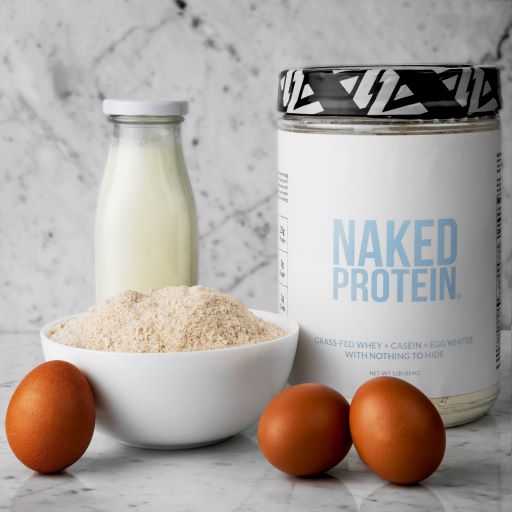
In the end then, there is little nutritional difference between egg white protein and whey protein. If you're lactose intolerant or cannot take whey for other reasons, then, egg is a decent alternative.
Remember, though, that whey protein has shown much greater potential for improving body composition and performance in the lab – although the reasons for this difference are not fully understood.
